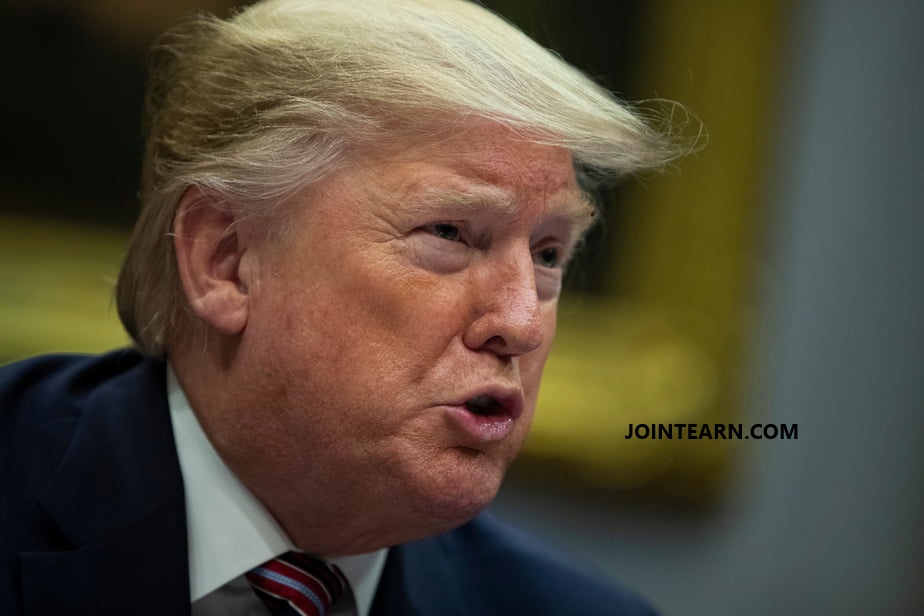In a significant development that eases tensions between two neighboring countries, US President Donald Trump announced the suspension of planned tariffs on Mexican imports following a last-minute migration deal between the two nations. The decision, declared late Friday night, comes after days of intense negotiations and averts what many feared could have been a damaging trade conflict with far-reaching economic implications.
The agreement was reached after Mexico agreed to adopt stronger measures to curb the flow of migrants crossing into the United States. As part of the deal, Mexico will deploy its National Guard troops to its southern border with Guatemala and expand its efforts to combat human trafficking networks. The Mexican government also pledged to provide increased shelter and work opportunities for migrants while they await asylum processing in the United States.
President Trump took to Twitter to announce the deal, stating, “I am pleased to inform you that the United States has reached a signed agreement with Mexico. The tariffs scheduled to be implemented by the US on Monday are hereby indefinitely suspended.” He further praised the Mexican government for its cooperation and commitment to addressing the migration crisis.
The proposed tariffs, which would have started at 5% on all Mexican goods and increased gradually to 25% by October, were part of Trump’s strategy to pressure Mexico into taking more action on migration. Critics warned that the tariffs could have had severe consequences for both countries, given the close economic ties between the two nations. Mexico is the United States’ third-largest trading partner, with an estimated $671 billion in goods exchanged annually.
The deal marks a diplomatic victory for both countries, though it comes with significant pressure on Mexico to deliver concrete results. Mexican Foreign Minister Marcelo Ebrard, who led the negotiations in Washington, expressed optimism about the agreement. “We are satisfied with the arrangements we have reached, and we are committed to implementing them immediately,” Ebrard said at a press conference in Mexico City.
However, the agreement has also sparked criticism from some quarters. Immigration advocates argue that the deal will place an undue burden on Mexico and potentially put vulnerable migrants at risk. Others question whether the measures will have a meaningful impact on the number of migrants heading toward the US border.
Meanwhile, Democratic lawmakers in the United States have accused the Trump administration of using tariffs as a political tool rather than a solution to the underlying causes of migration. Senate Minority Leader Chuck Schumer remarked, “This is yet another example of the President playing games with our economy and using threats to achieve political ends.”
Despite the mixed reactions, the suspension of tariffs has been welcomed by businesses on both sides of the border. Automakers, agricultural producers, and retailers had expressed deep concerns about the tariffs’ potential impact on supply chains and consumer prices.
The situation remains fluid, with President Trump warning that tariffs could still be reinstated if Mexico fails to meet its commitments. “If for some unknown reason the agreement fails, we can always go back to our previous position of tariffs,” he tweeted.
Analysts believe the deal highlights the complex and often contentious nature of US-Mexico relations. It also underscores the Trump administration’s reliance on aggressive negotiation tactics to achieve its policy goals.
In the coming weeks, the implementation of Mexico’s promised measures will be closely watched by both the US government and the international community. The agreement represents a temporary reprieve from escalating trade tensions, but it remains to be seen whether it will provide a long-term solution to the broader challenges posed by migration.
As the two nations move forward, the spotlight will remain on how effectively Mexico can fulfill its commitments — and whether the Trump administration will continue to use trade measures as leverage in its broader immigration agenda.












